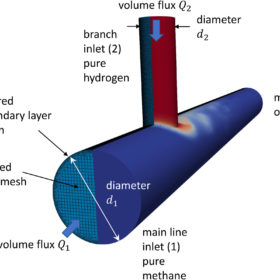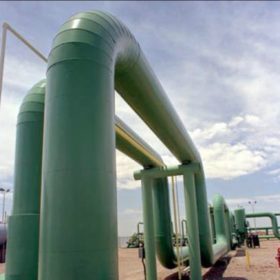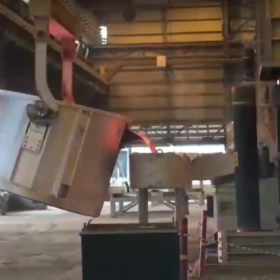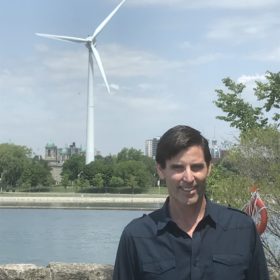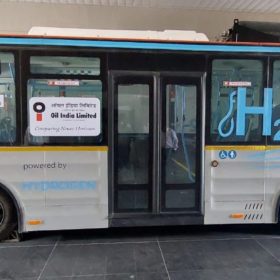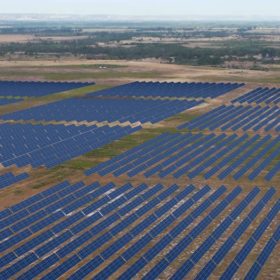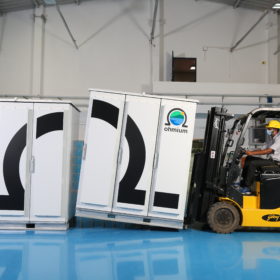ReNew secures $1 billion loan for 1.3 GW renewables project
ReNew Power, a Nasdaq-listed Indian developer, has secured $1 billion in external commercial borrowings for a 1.3 GW wind-solar energy project, backed by up to 100 MWh of battery storage. The project is co-owned by Japanese investor Mitsui and will supply round-the-clock power under a 25-year power purchase agreement.
EV sales to grow at slower-than-expected pace
Sales growth in India’s electric vehicle market will moderate to 75% per year over the next three years, as supply constraints drive up prices of key raw materials for batteries.
Traditional hydrogen blending could damage gas pipelines, say researchers
UK researchers have revealed that gaseous hydrogen could cause problems in natural gas pipelines, while electrolyzer manufacturer Nel has announced plans to build a second production line in Norway.
Hygenco, Jindal Stainless sign India’s first long-term green hydrogen offtake agreement
Hygenco will build, own and operate a multi-megawatt green hydrogen facility for the long-term supply to Jindal Stainless Ltd, one of the largest stainless-steel conglomerates globally.
Gujarat opens bidding for 500 MW/1 GWh of standalone battery storage
Gujarat Urja Vikas Nigam Ltd. has started accepting bids to develop 1,000 MWh (500 MW x two hours) of grid-connected battery energy storage systems in Gujarat.
Greenko to develop 400 MW of wind, solar for Hindalco’s aluminum smelter
Renewables major Greenko will develop 375 MW to 400 MW of solar and wind capacity to power Hindalco’s aluminum smeltering operations in Odisha. It will back the renewables generation with hydro pump storage capacity in Andhra Pradesh to ensure 100 MW of round-the-clock supply to Hindalco.
Study finds 100% renewables would pay off within 6 years
New research from Stanford University researcher Mark Jacobson outlines how 145 countries could meet 100% of their business-as-usual energy needs with wind, water, solar and energy storage. The study finds that in all the countries considered, lower-cost energy and other benefits mean the required investment for transition is paid off within six years. The study also estimates that worldwide, such a transition would create 28 million more jobs than it lost.
State-run oil majors spearheading R&D on hydrogen
India’s national hydrogen mission includes the development of hydrogen as a fuel for transportation. Toward that objective, state-run oil and gas companies are engaged in a number of projects, including the blending of hydrogen with compressed natural gas for use as a transportation fuel, and the use of green hydrogen for fuel-cell-based mobility.
Australian solar park could generate hydrogen for less than $2/kg
A new study shows that hydrogen could be produced for as little as AUD 2.85 ($1.98) per kilogram, supporting Frontier Energy’s plans to make green hydrogen from a 500 MW solar project it is developing in Western Australia.
Ohmium and Spirare collaborate with NTPC for green hydrogen project
NTPC, India’s largest power utility, will use Ohmium’s PEM electrolyzer for green hydrogen generation at its NETRA campus. Delhi-based Spirare Energy will provide EPC services for the plant.


